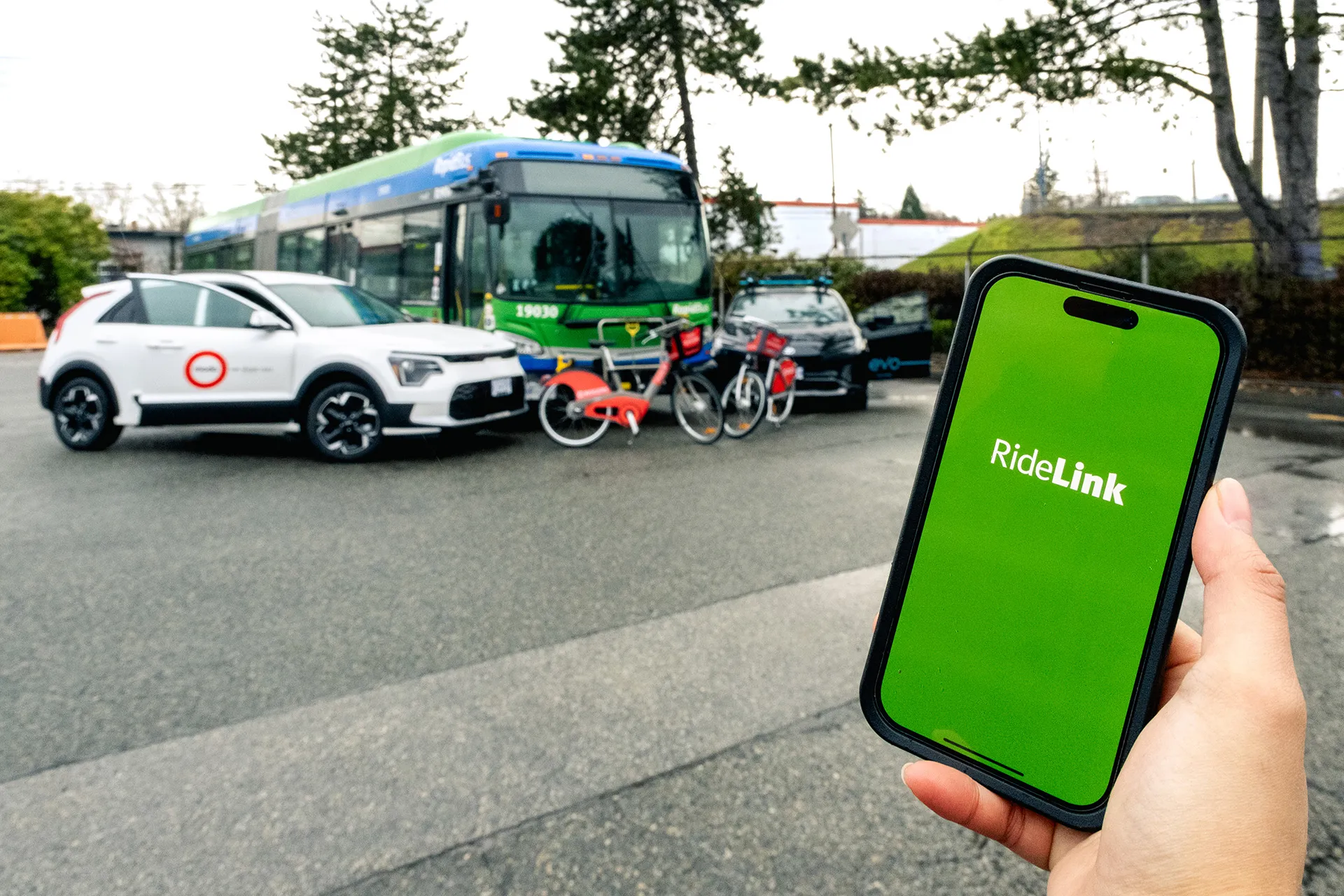Ride-sharing company Bolt has joined forces with the University of Tartu (UT) in Estonia to develop technology for
The partners intend to carry out AV pilots in urban areas and integrate AVs onto Bolt’s on-demand transportation platform by 2026.
Jevgeni Kabanov, chief product officer at Bolt - formerly Taxify - says: “Rather than developing our own vehicle, the goal of this project is to build our self-driving technology with a focus on software and maps, on top of existing platforms and open-source software.”
Anne Jääger, head of industry collaboration at UT institute of computer science, says: “Our scientists will support Bolt in developing self-driving vehicle-based services and by involving students in lab experiments we’ll prepare them for future careers in the field of autonomous technologies.”
Vehicles equipped with self-driving technology are expected to be deployed for road tests in early 2020.










